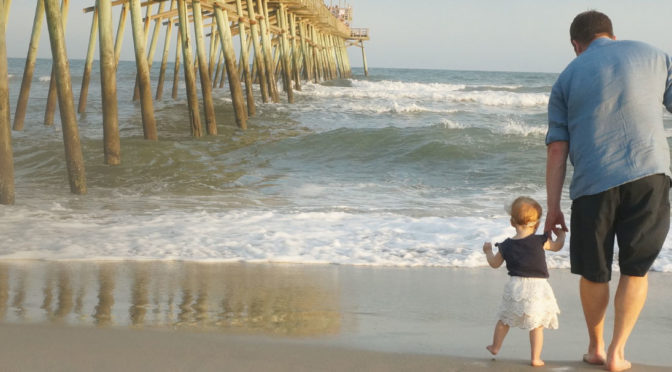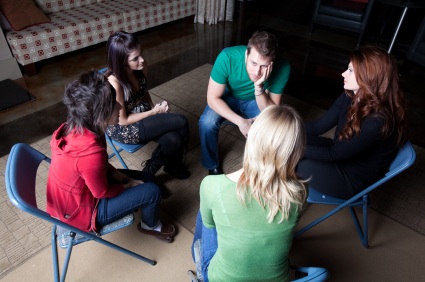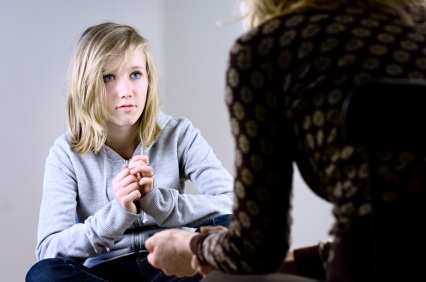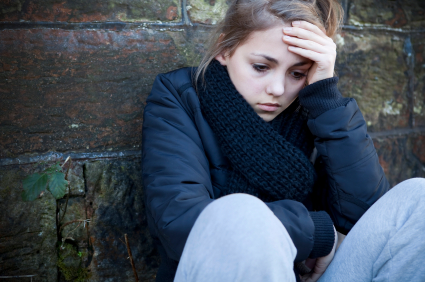How to Help Family Members with Mental Health Issues
Posted by Collaborative Counseling

Mental health issues are a common occurrence in the United States, affecting one in five adults each year. While mental health issues can affect anyone, they are more common in certain populations, such as young adults, women, and people of color.
If you have a family member who is struggling with a mental health issue, it is important to know that you are not alone. Listed below there are many resources available to help you and your family member get the support they need.
Here are some ideas on how to help your family member with a mental health issue:
- First, Educate yourself about mental health issues. The more you know about mental health, the better equipped you will be to help your family member. There are many resources available to help you learn more about mental health, including books, websites, and support groups.
- Secondly, Talk to your family member about their mental health. Let them know that you are there for them and that you want to help. Furthermore Encourage them to talk to you about how they are feeling and what they are going through.
- Thirdly, Support your family member in seeking professional help. If your family member is struggling with a mental health issue, it is important to encourage them to seek professional help. A mental health professional can provide your family member with the support and treatment they need to get better.
- Lastly, Be patient and understanding. It is important to be patient and understanding with your family member as they work through their mental health issue. Recovery takes time, so be there for them every step of the way.
Resources for Mental Health in Wisconsin and Minnesota
There are many resources available to help people with mental health issues in Wisconsin and Minnesota. Here are a few of the resources available in these states:
- Wisconsin Department of Health Services: The Wisconsin Department of Health Services provides a variety of resources for people with mental health issues, including information on mental health disorders, treatment options, and support groups.
- Minnesota Department of Human Services: The Minnesota Department of Human Services provides similar resources to the Wisconsin Department of Health Services.
- National Alliance on Mental Illness (NAMI): NAMI is a national organization that provides support and advocacy for people with mental illness and their families. NAMI has chapters in both Wisconsin and Minnesota.
- MentalHealth.gov: MentalHealth.gov is a website from the U.S. Department of Health and Human Services that provides information on mental health disorders, treatment options, and support groups.

 View Our Locations
View Our Locations Request Appointment
Request Appointment







